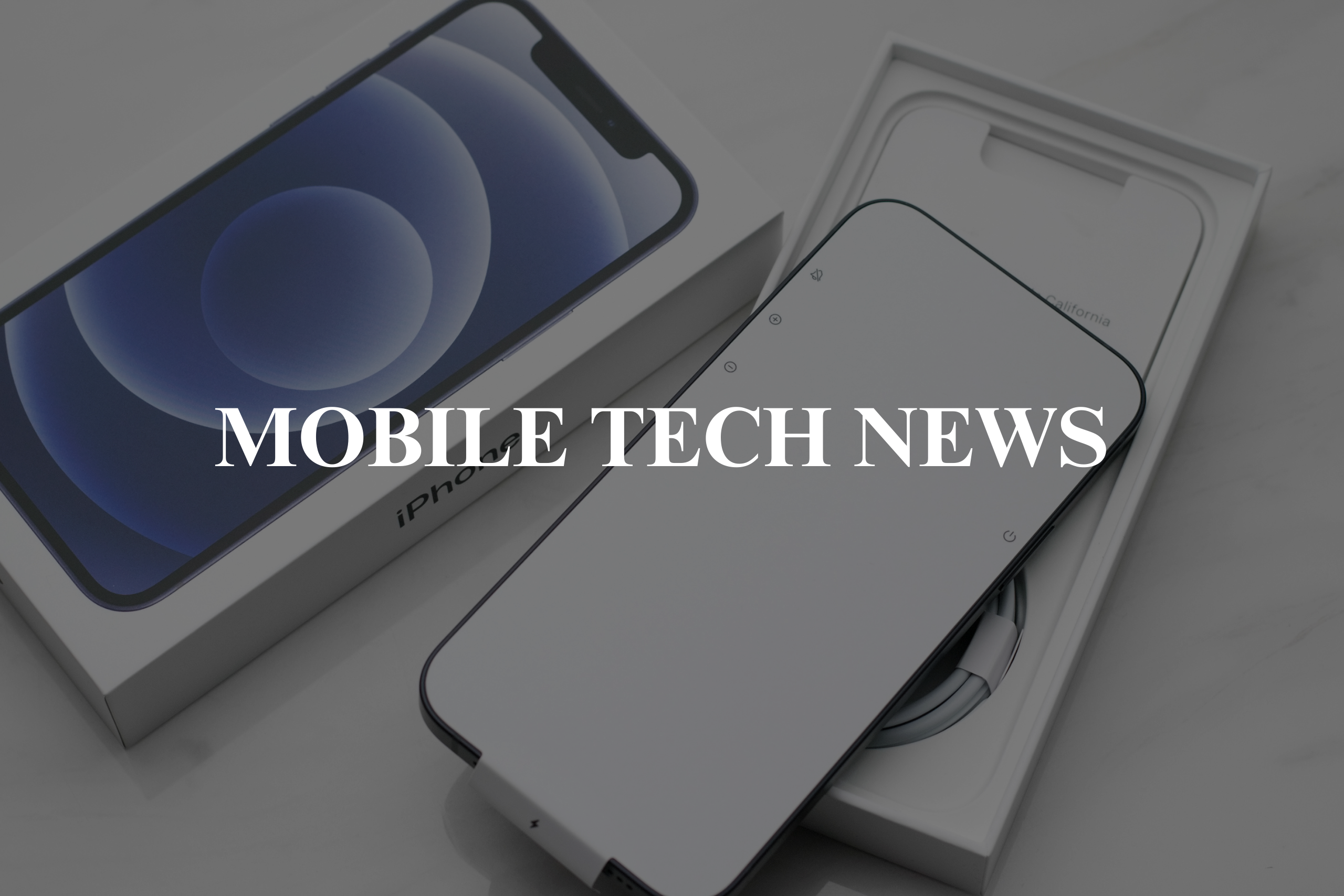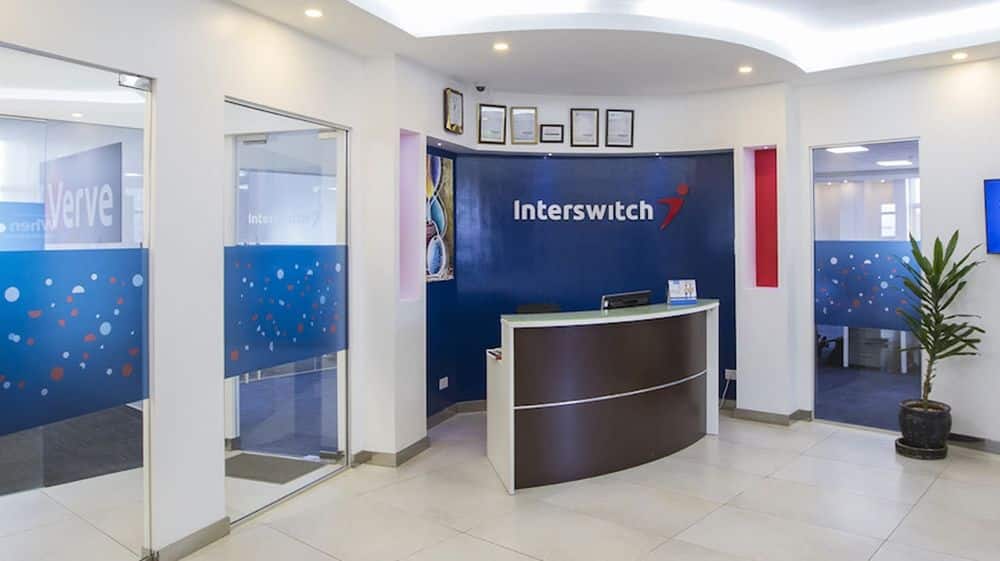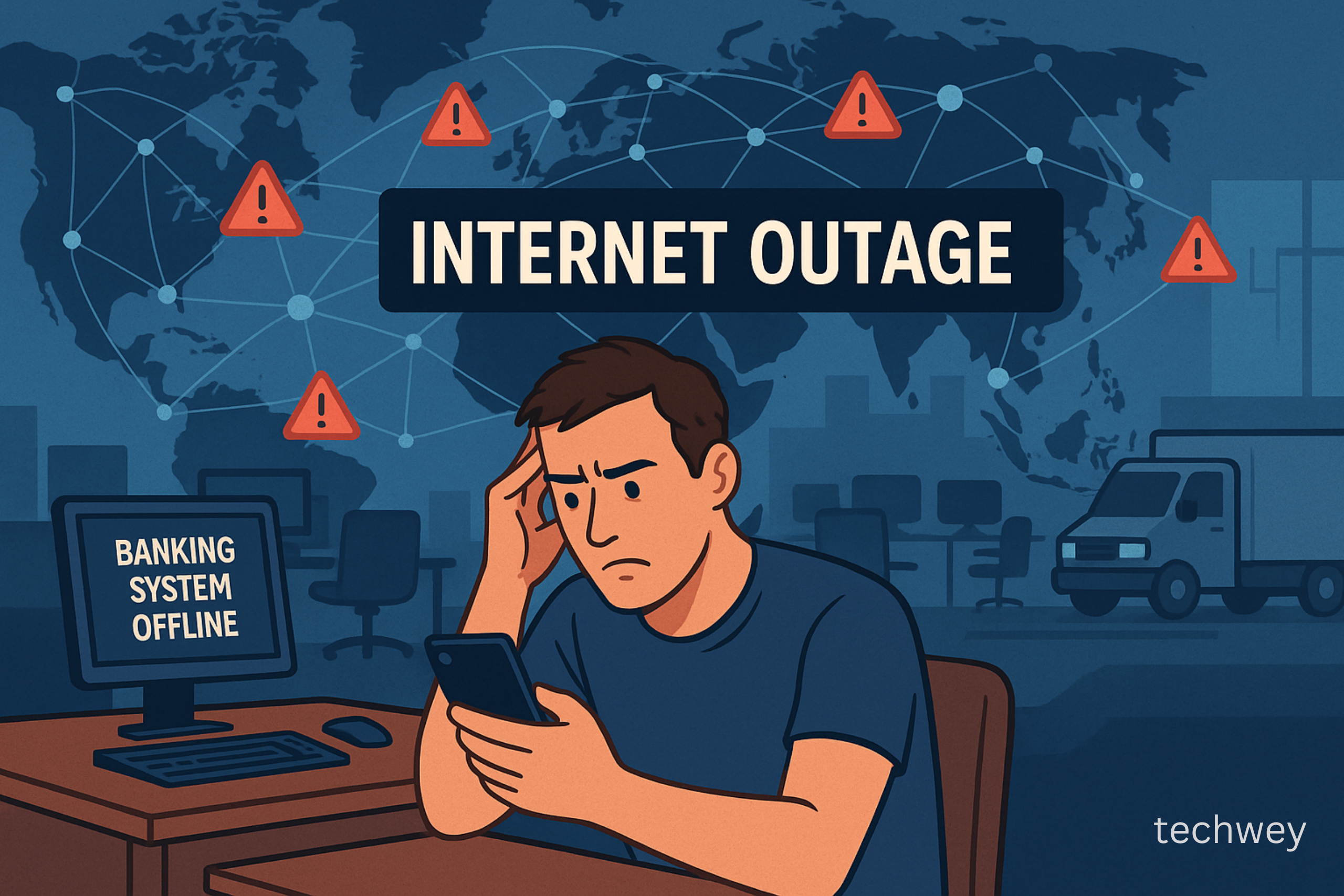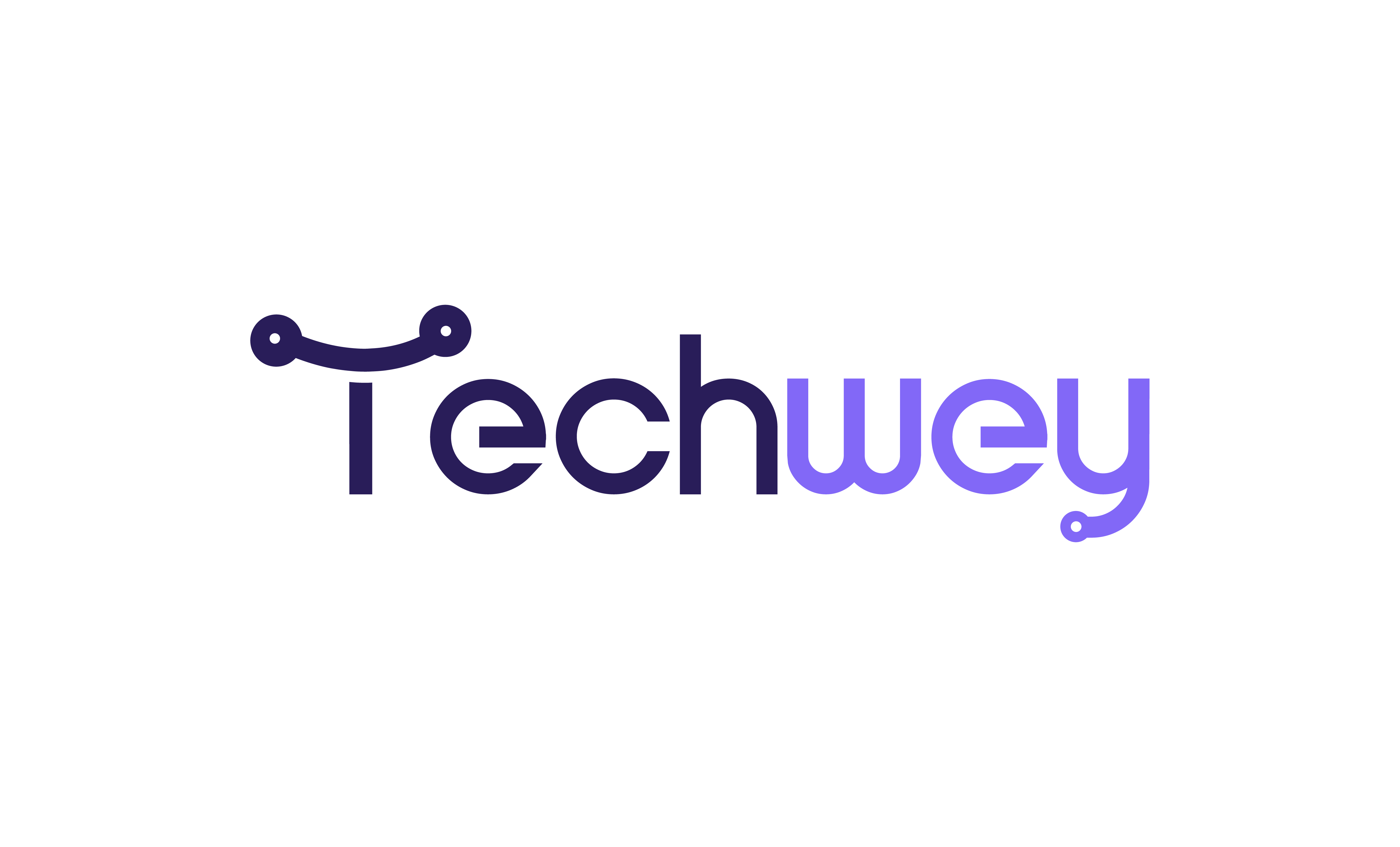
Nigerian Tribunal Upholds $220 Million Fine Against Meta
In a landmark ruling that has captured the attention of global tech watchers, the Nigerian Tribunal Upholds $220 Million Fine Against Meta for violating consumer and data protection laws. This decision marks a significant step in Nigeria’s ongoing efforts to regulate how big tech companies operate within its jurisdiction.
The fine, initially imposed by Nigeria’s Federal Competition and Consumer Protection Commission (FCCPC), was challenged by Meta. However, the tribunal found that Meta had indeed violated several key regulations relating to user privacy and misleading consumer practices. This judgment reinforces the increasing demand for accountability from tech giants operating in emerging markets.
Background: What Led to the Fine?
The $220 million penalty stems from Meta’s alleged failure to adequately protect Nigerian users’ personal data and ensure transparent consumer practices across its platforms (Facebook, Instagram, and WhatsApp). Investigations revealed that Meta collected, processed, and shared user data without obtaining explicit, informed consent, a violation of Nigeria’s Data Protection Regulation (NDPR).
Consumer complaints also pointed to instances of misleading advertising and unfair terms of service, sparking regulatory scrutiny. Following a series of hearings, the tribunal confirmed that Meta’s actions breached both consumer rights and data privacy statutes.
Meta’s Defense and Tribunal’s Verdict.
Meta argued that it had taken “reasonable steps” to comply with Nigerian laws and that the fine was “disproportionate.” Nevertheless, the tribunal emphasized that compliance requires more than just minimal efforts. It demanded full adherence to clear, accessible, and lawful consumer and data practices.
By upholding the fine, the tribunal sent a clear message: Nigeria is serious about enforcing its digital economy regulations, and no company, no matter how large is above the law.
According to the Federal Competition and Consumer Protection Commission (FCCPC), the fine serves as a deterrent and a reminder that user rights must be respected (source: FCCPC Official Website).
Implications for Meta and Other Tech Giants.
The implications of the Nigerian tribunal’s decision are far-reaching:
Stricter Data Regulations: Tech companies must now prioritize data security and transparent practices if they want to operate in Nigeria.
Precedent for Future Cases: The decision may embolden other African countries to pursue legal actions against global tech firms for similar violations.
Financial and Reputational Damage: A $220 million fine is significant, not just financially but in terms of Meta’s public image in Africa and beyond.
Operational Changes: Meta will likely be forced to revise its data protection policies and consumer terms specific to the Nigerian market to avoid future penalties.
Why This Matters for Digital Rights in Nigeria.
This ruling is a big win for digital rights activists who have long called for better consumer protections online. It demonstrates that Nigerian regulators can and will hold multinational corporations accountable for their actions. It also brings to light the urgent need for companies to align with local laws, respect data privacy, and operate with transparency.
The Broader Global Context
The Nigerian tribunal’s decision comes amidst growing global pressure on tech companies regarding data privacy and consumer protection. Regions like the European Union have already enacted strict regulations such as GDPR. Nigeria’s strong stance shows that African nations are increasingly unwilling to be left behind in the digital regulatory space.
This case could even inspire regulatory bodies in other developing countries to review how tech giants operate within their borders, ensuring that digital platforms are not just profit-driven but also people-centered.
Conclusion
Nigerian Tribunal upholding a $220 million fine against Meta is not just a historic win for consumer rights and data protection; it also brings a new wave of uncertainty for digital businesses across the country.
If Meta decides to scale back its operations or even exit the Nigerian market it could have serious consequences for thousands of business owners who rely on platforms like Facebook, Instagram, and WhatsApp for marketing, customer engagement, and sales. Many small businesses depend heavily on affordable ad placements and the broad audience reach these platforms offer. A sudden disruption could lead to increased marketing costs, loss of customer touchpoints, and the urgent need to find alternative digital strategies.
While regulation is important, it’s crucial to balance it with the realities of today’s digital-driven economy.
Now, over to you:
Do you think Nigeria’s strong regulatory stance will strengthen consumer protection in the long run—or could it discourage big tech companies from investing further in the country? Share your thoughts with us!
Read more tech related articles here






Leave a Reply